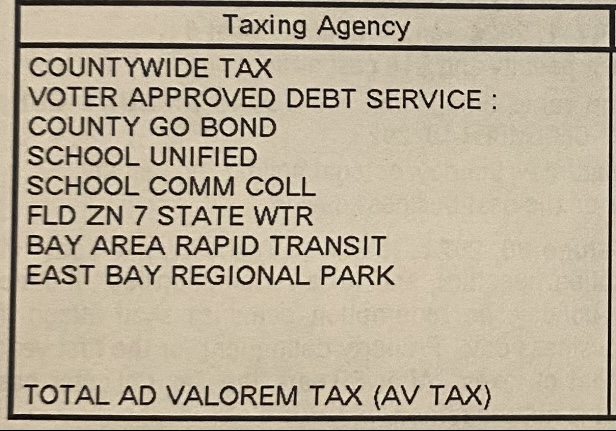A new study released by the Stanford Institute for Economic Policy Research studying migration into and out of California finds that the state is losing its population at unprecedented rates. Strikingly, the study finds that California’s population declined by 407,000 residents between July 2021 and July 2022, and, moreover, that this included a greater proportion of college graduates and residents of all income levels than ever before. Additionally, this loss of residents is especially pronounced in migration between California and the states of Texas and Arizona: while 13 percent of migrants between California and the states of Arizona and Texas surveyed in the study moved to California within the past five years, 44 percent of these migrants moved to Texas and Arizona—22 percent to each state—within the same interval.
Emigrating Californians’ reasons for removal were organized into three categories: personal reasons (weather preference, closeness to family, and more), partisan objections, and socio-economic conditions. While personal decisions represented a proportionally insignificant reason for migration—weather and other personal considerations were recognized as being more favorable in California—political and socio-economic reasons were significant.
“The weather here is very nice. I would definitely say we’re more fortunate than other people because the sun’s always out,” an anonymous Dublin High junior says of California’s weather. “[I’d be] surprised [if] that’s the reason people would leave… I don’t see why anybody would leave [for that reason].”
By contrast, partisan reasons for migration out of California were relatively significant. Indeed, 40 percent of emigrating migrants from California considered politics either a very or somewhat important decision for migration. Additionally, 77 percent of Arizonan and Texan Republicans polled in the study believe that crime is more prevalent in Democratic California despite California (the 17th most violent state in the country) being comparably or less violent than Texas and Arizona (the 16th and 6th most violent states, respectively), a faulty political perception that has motivated further migration. Finally, partisan migration was reflected in the political orientations of entering and exiting California migrants: 31 percent of migrants from Arizona and Texas identified as conservative, while 44 percent of migrants to Arizona and Texas from California identified as conservative.
Similarly, socio-economic conditions played a significant role in driving migration out of California. Pre-existing studies have already shown that one-third or more of Californians consider relocation because of burdensome housing costs alone. Concerning Texas and California’s exchange of migrants, Texas is perceived to offer greater financial liberty—less taxes, regulation, and more—and prosperity, while California is perceived to interfere more with the free operation of business. This has led some studies to find that Texas may attract business, and with it those in the workforce, as a perceived economic haven from the interference from California government—leading to the migration reflected in the study.
When asked about whether housing costs were higher in Dublin than elsewhere, an anonymous junior who formerly lived on the east coast stated, “in terms of housing, definitely… with, like, the cost of housing [and] bills. [T]he… houses were sometimes a lot bigger than here… but the price typically didn’t break $1 million, whereas here it’s, like, $1 million+ guaranteed if you want to live in a house.”
This is further complicated by climate measures, which California has aggressively pursued in recent years. Most notably, California has vowed to suspend the sale of gas-powered cars by 2035, a move that has alienated California residents now presented with one of two financial burdens: being taxed for non-compliant gas-powered vehicles or having to pay the significantly higher price for electric vehicles. This, coupled with a lack of charging infrastructure existing in the state, will likely prompt widespread movement into the neighboring Arizona and Texas—both seen as refuges from stringent climate policies passed in California.
Importantly, the movement these motivations for relocation have collectively caused has strong political implications for the future. Notably, California has already lost a Congressional seat in the House for loss of population, and fleeing businesses will be detrimental to job and economic prospects in the state. If California wants to remain a serious identity not only in the United States but in the world as an economic and climate innovator, the state needs to more seriously contend with the issue of making its economic and environmental promise available to all.




































